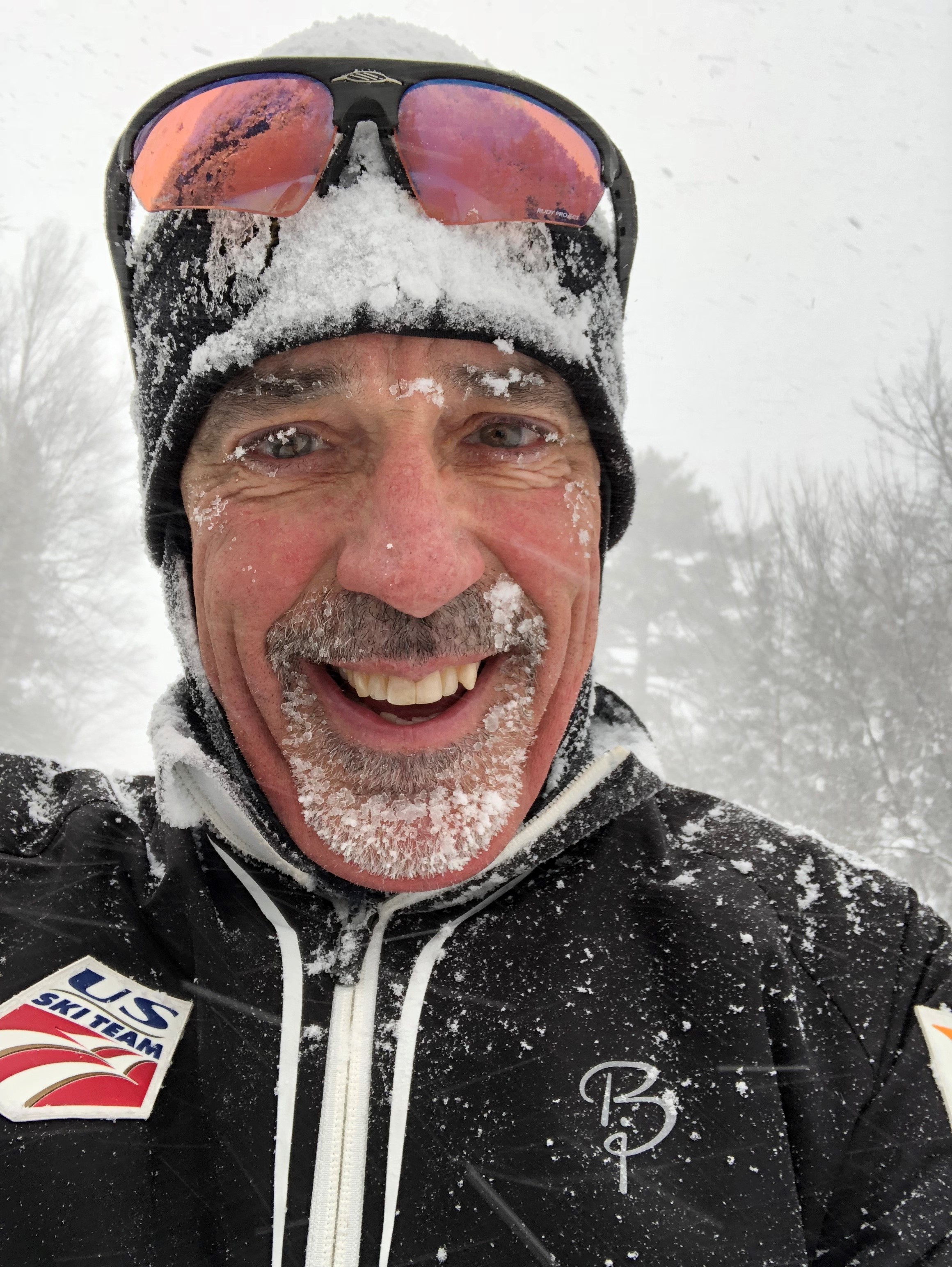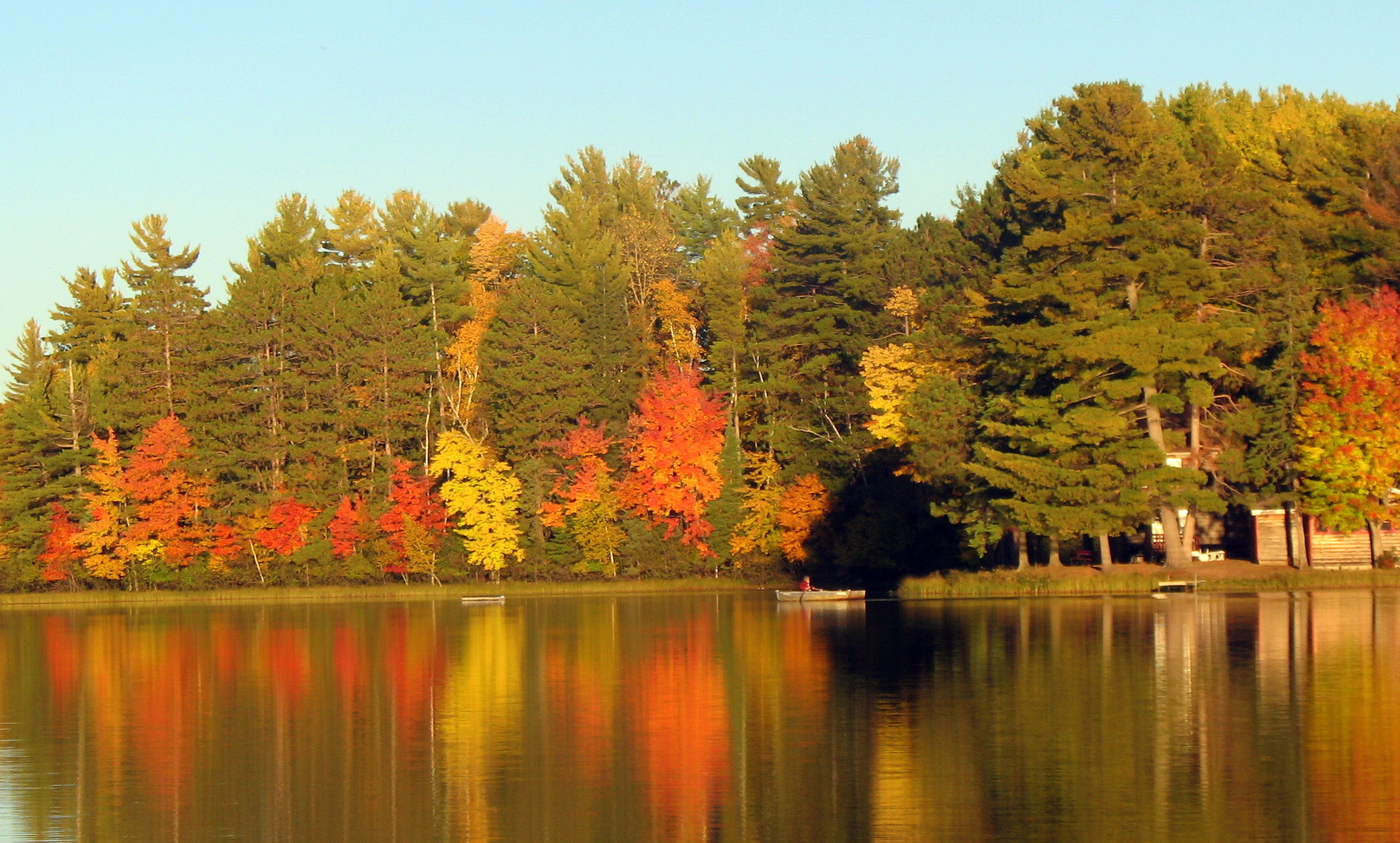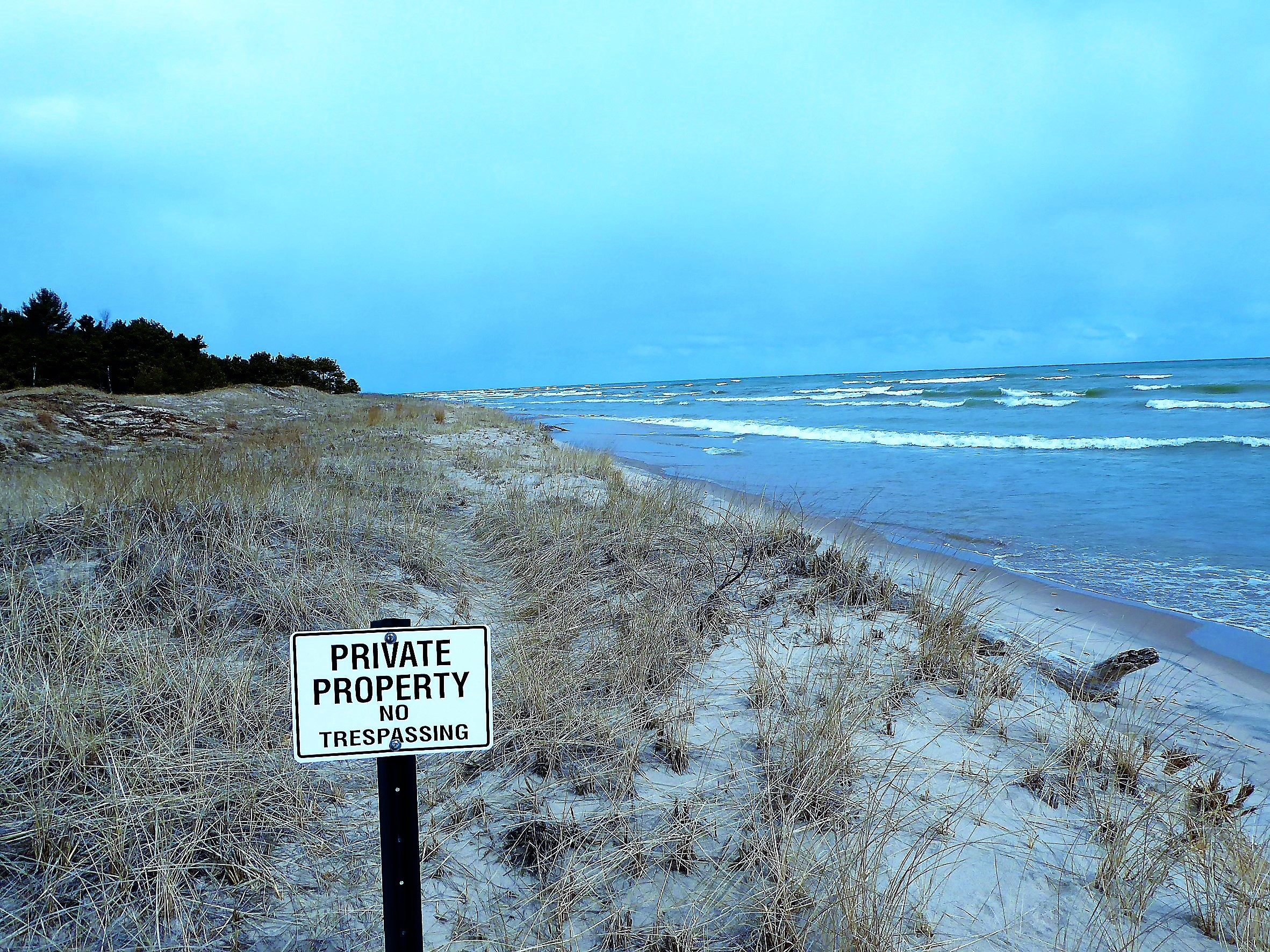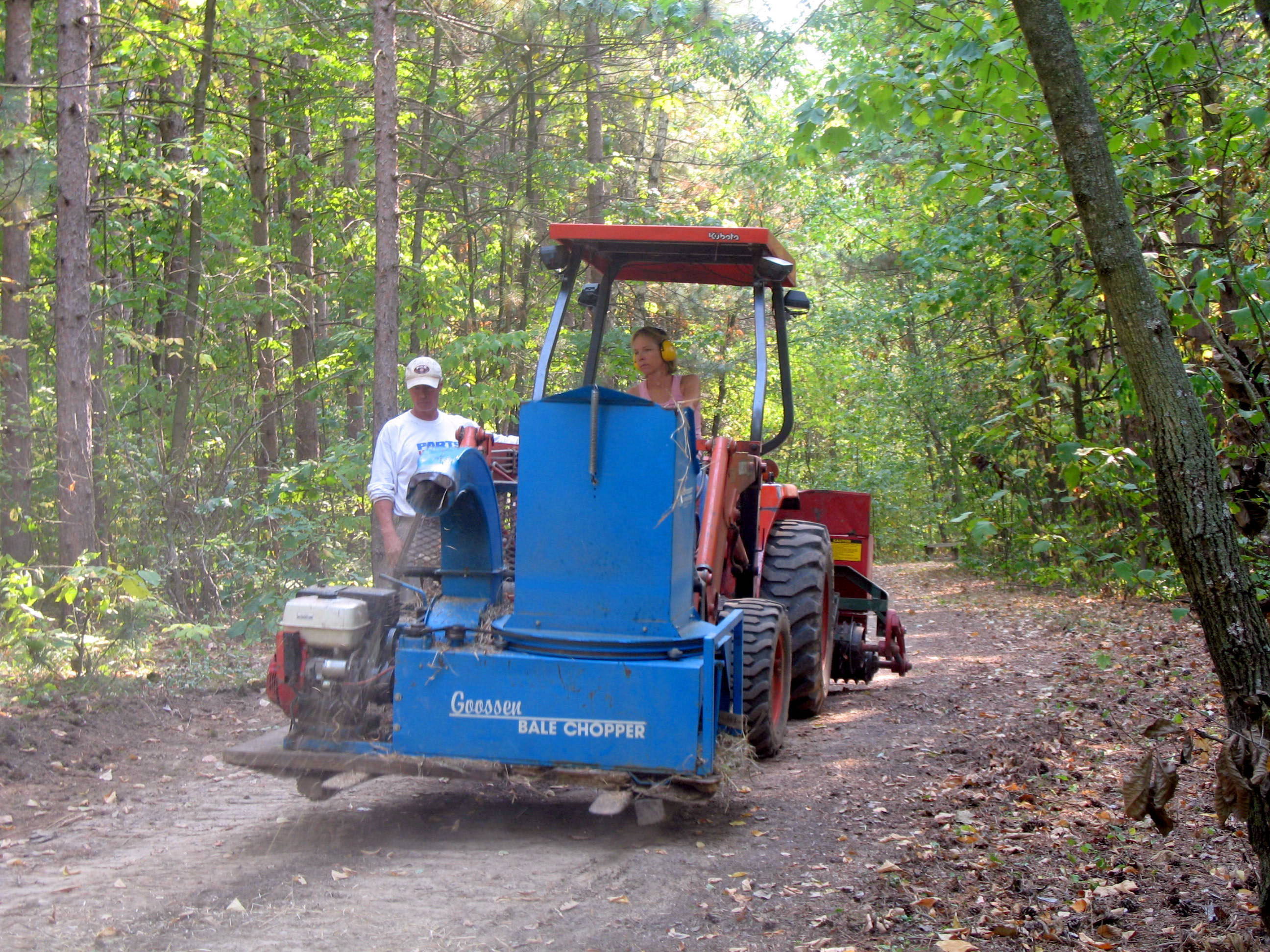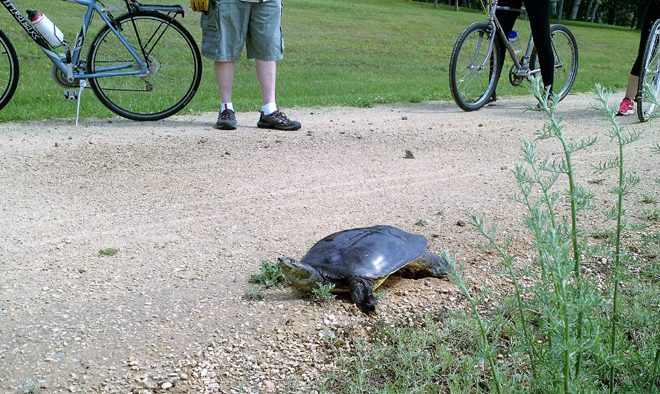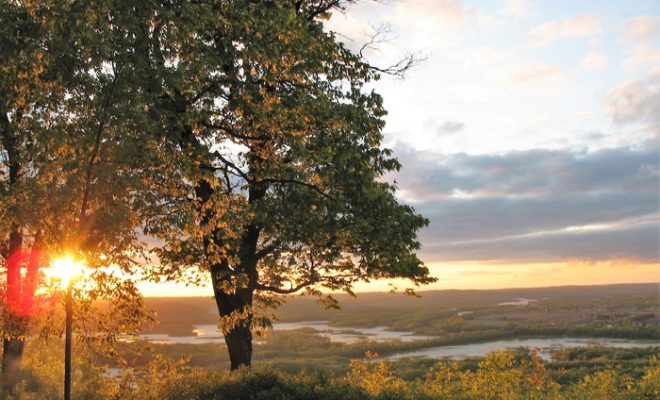December Silent Alarm
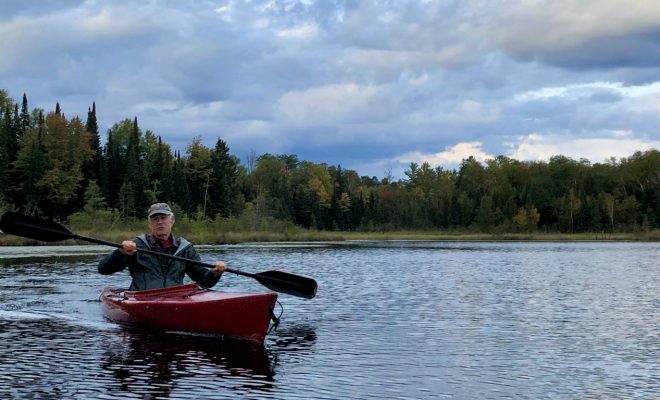
New Recreational Processes Drive the Future of Wisconsin Recreation
By Mike McFadzen
Two very important processes will have a profound impact on outdoor recreation in the state of Wisconsin.
The Office of Outdoor Recreation functions under the Department of Tourism, while the Recreational Stakeholders Group is being operated by the DNR’s Park division.
The Office of Outdoor Recreation (OOR) is meant to leverage Wisconsin’s outdoor heritage and natural resources to support Wisconsin’s outdoor recreation industry as a primary driver of the state’s third largest economy – tourism.
Tourism Secretary Sara Meany had been actively promoting OOR and was delighted to see it adopted in the state budget.
The office will align key state government agencies, nonprofit organizations, local representatives of the public sector and private sector industry partners around the central tenants of driving tourism, both in and out of state, creating jobs and growing local economies, as well as ensuring access to healthy public lands and water.
“Outdoor recreation is a core driver of Wisconsin’s tourism economy, employing 200,000-plus citizens and driving revenue of over $21.6 billion each year,” Meany said. “It’s time to acknowledge outdoor recreation – that’s a big reason why people visit our state.”
Of the total tourism economy, outdoor recreation accounts for an overwhelming majority of this important economic engine.
“Wisconsin is a key destination already,” said Meany. “Look at what’s happening at Chequamegon or the Birke or the great paved road cycling we have. It’s not building an industry from the ground up, we are building on what Wisconsin already has, shining a light on it.”
A growing body of research suggests investments in outdoor recreation infrastructure and programming could significantly improve educational outcomes.
It’s already proven exercise and being outdoors increases public health by reducing stress and obesity rates, improving physical fitness and strengthening social bonds with family and friends.
Wisconsin may be the first state to meaningfully commit at a state government level the advancement of outdoor recreation as a key driver of visitation, spending and job creation.
The perceived quality of Wisconsin’s outdoor recreation is competitively high in comparison to neighboring Midwest states, and Meany intends to take advantage of that.
The Recreational Stakeholders Council is comprised of leaders and representatives of almost every recreational user group and provider type.
The draft goal is to “cultivate a shared stewardship approach to leverage and grow the cooperative planning for, management and promotion of outdoor recreation on all public lands in Wisconsin.”
This includes getting the various user groups working together to implement sustainable outdoor recreation and to promote and optimize outdoor recreation to increase user participation.
According to Wisconsin State Park Director Ben Bergy, the groups will focus on adapting to changing trends to increase the number and diversity of participants.
The process emphasizes having a comprehensive understanding of expansion opportunities and being cognizant of the upkeep and well-being of our recreational facilities.
It is difficult to increase tourism with dilapidated facilities, according to plan documents.
The project goals include increasing the participation, diversity and access in outdoor recreation; improving the recreational experience and the efficiency of communicating recreation opportunities on public lands; promoting the benefits that arise from participation in outdoor recreation and communicating the information to the public, elected officials and businesses; and fostering the use of stewardship practices by recreation providers and participants that promote ecological values.
It’s important to connect kids with the outdoors through education and nature centers, particularly in urban areas where opportunity is lacking, according to Bergy.
“Some key issues will be tackled immediately, including collaborating on outreach events,” Bergy said. “Longer term projects include land planning for recreation. Anything we can do collectively, working together, will help promote recreation in Wisconsin. We will have all these resources at the table. This isn’t just state lands, but it comprises all lands across the recreation spectrum, including county, federal and state lands.”
These programs address my concerns that Wisconsin’s recreational scene lacks government focus, even though it has a huge impact on tourism and economic development.
Wisconsin may soon join states like Colorado, Utah and Vermont which use outdoor recreation as a key tourism driver.
Tourism Director Meany sees the DNR, the Department of Tourism and other resource coalescing together to make recreation even better.
The Stakeholder Group and Office of Outdoor Recreation are baby steps in what could lead to future investment and ongoing growth of the recreation sector.


